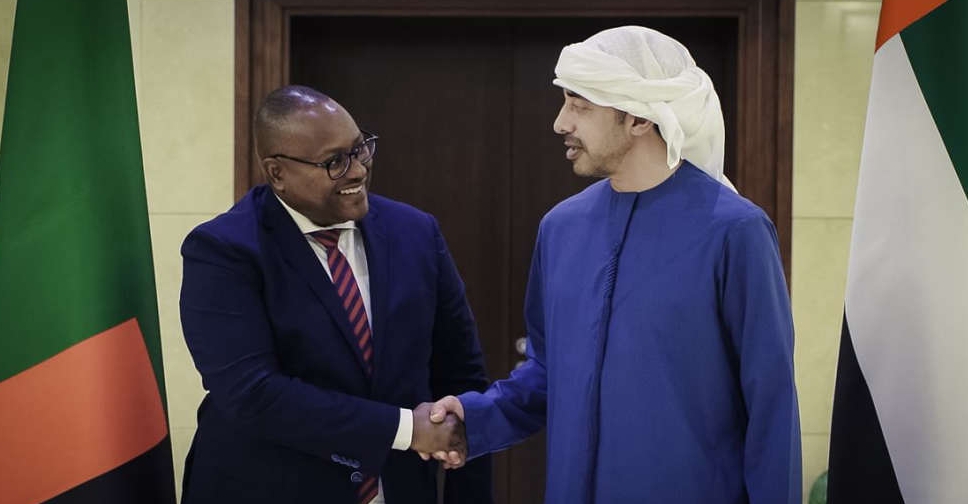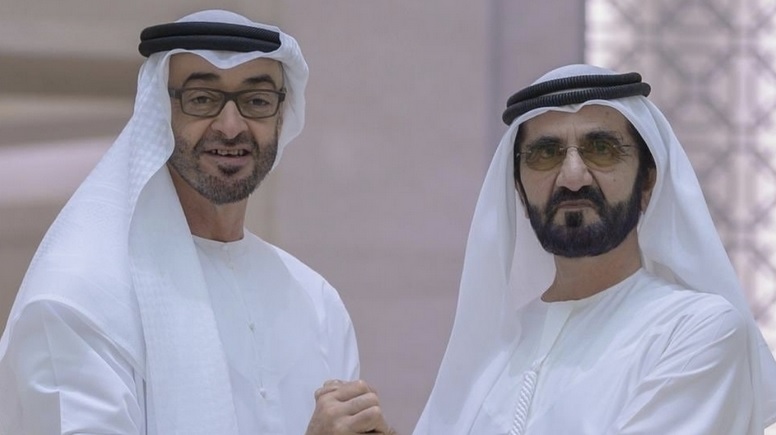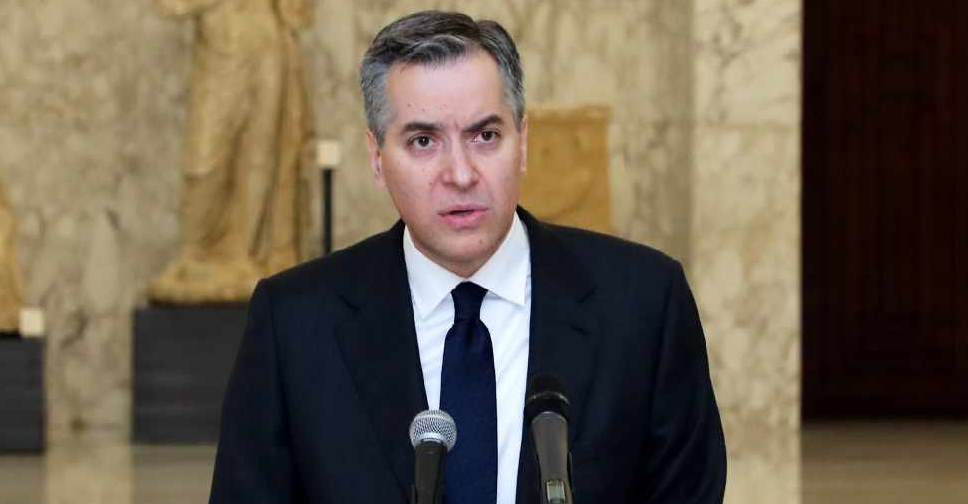
Lebanon's prime minister-designate quit on Saturday after trying for almost a month to line up a non-partisan cabinet, failing despite French pressure on sectarian leaders to rally together to deal with the worst crisis since a 1975-1990 civil war.
Mustapha Adib, former ambassador to Berlin, was picked on August 31 to form a cabinet.
He had tried to form a government of specialists in a nation where power is shared between Muslims and Christians and political loyalties tend to follow sectarian lines.
But his efforts ran into the sand over cabinet appointments, particularly the post of finance minister, who will have a crucial role in drawing up a programme to lift Lebanon out of a deep economic crisis.
Crushed by a mountain of debt, Lebanon's banks are paralysed and its currency is in freefall.
Talks with the International Monetary Fund on a vital bailout package stalled this year. The cabinet's first task would have been to restart negotiations.
Adib, a Sunni Muslim based on the sectarian system of power sharing, said he was stepping down from "the task of forming the government" after meeting President Michel Aoun, a Christian.
The cabinet formation hit a roadblock over a demand by Lebanon's two main Shi'ite groups, Amal and the heavily armed Iran-backed Hezbollah, that they name candidates for several posts including finance minister, a position previously held by a Shi'ite.
Adib held several meetings with senior Shi'ite politicians but failed to reach agreement on how the minister would be chosen. Shi'ite leaders feared being sidelined as Adib sought to shake up appointments to ministries, some of which have been controlled by the same faction for years, politicians said.


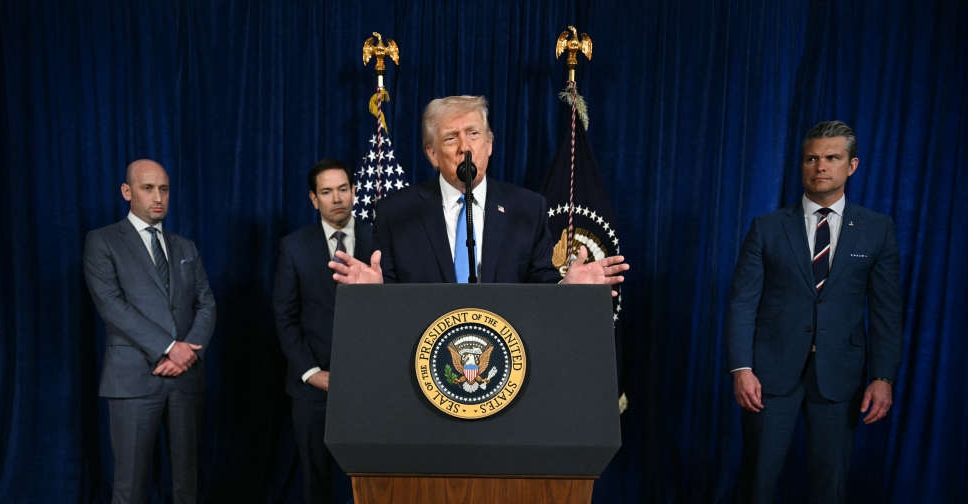 Trump threatens military operation against Colombia after Venezuela raid
Trump threatens military operation against Colombia after Venezuela raid
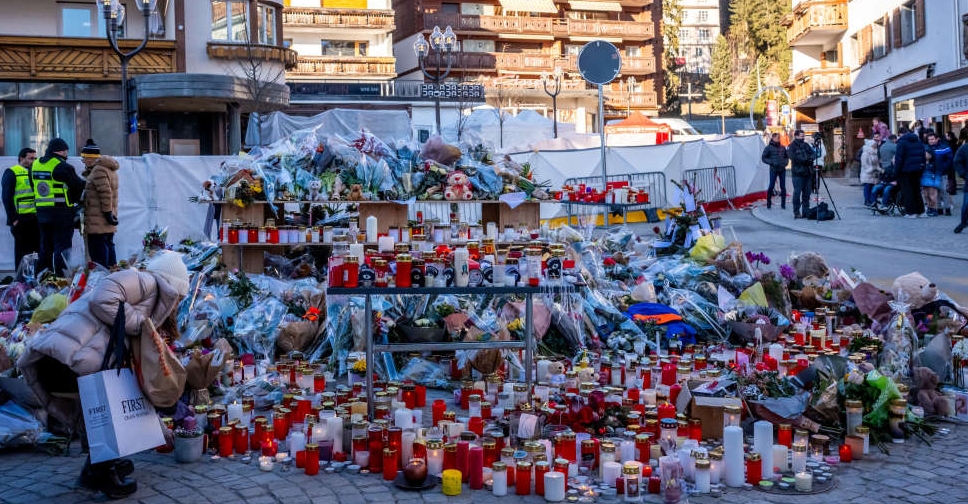 All victims of Swiss bar fire now identified, police say
All victims of Swiss bar fire now identified, police say
 Cuba says 32 of its citizens killed in Maduro extraction
Cuba says 32 of its citizens killed in Maduro extraction
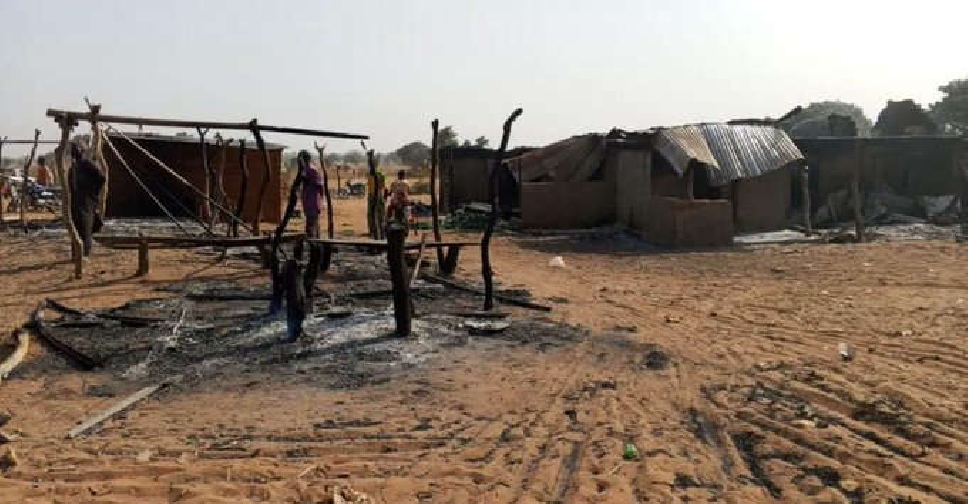 At least 30 killed in Nigeria market attack, police say
At least 30 killed in Nigeria market attack, police say
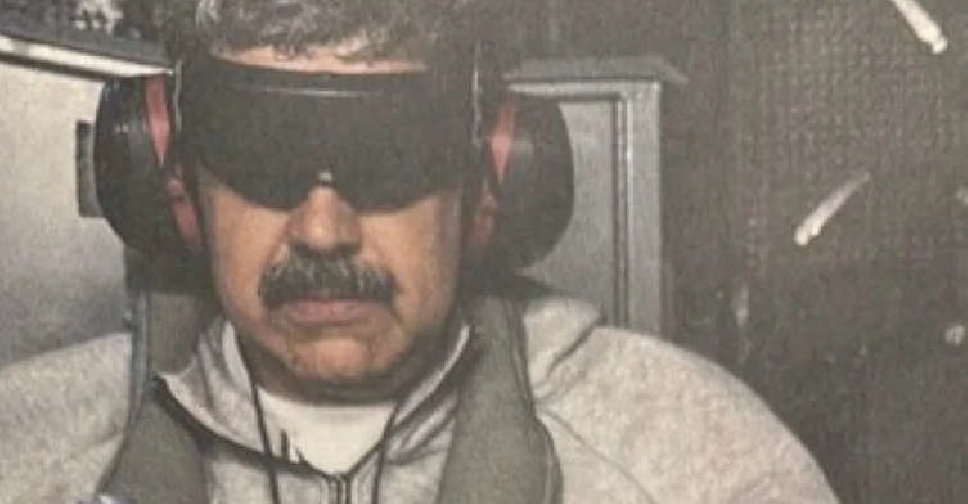 Venezuela's Maduro in custody, Trump says US will run the country
Venezuela's Maduro in custody, Trump says US will run the country
